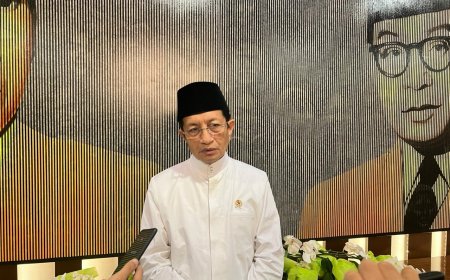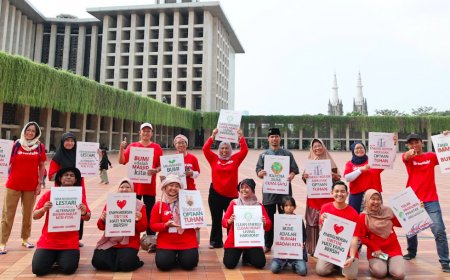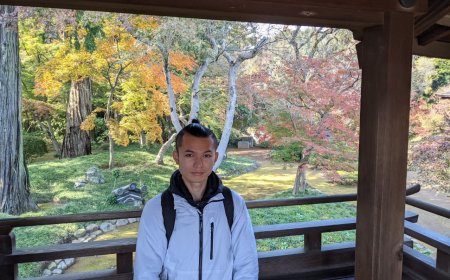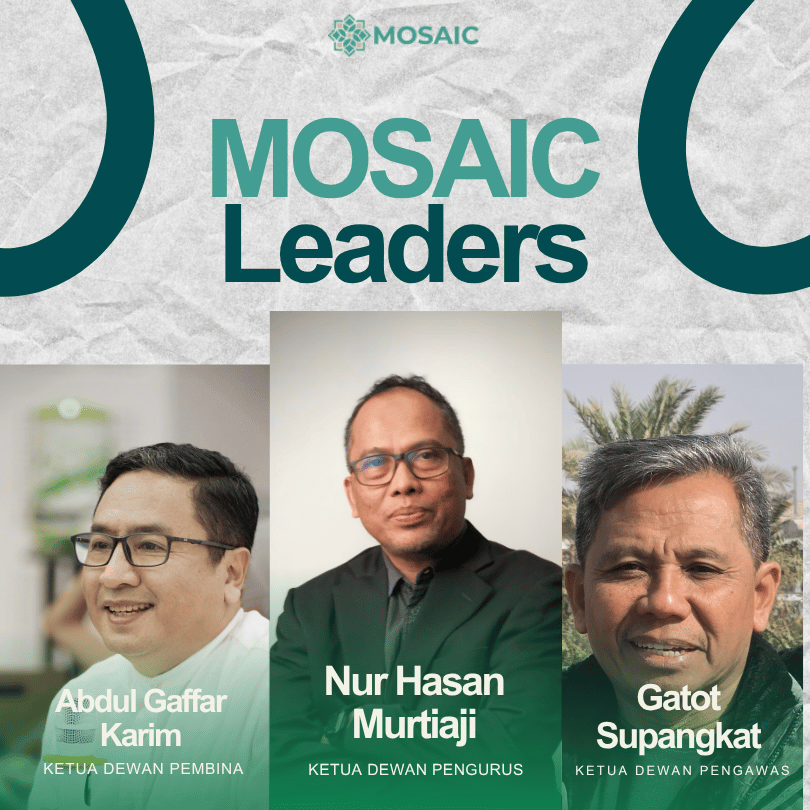Religious organizations to have important role in climate issues
From the 49 abstracts received, there are increased interest in the role of religion in forest protection.
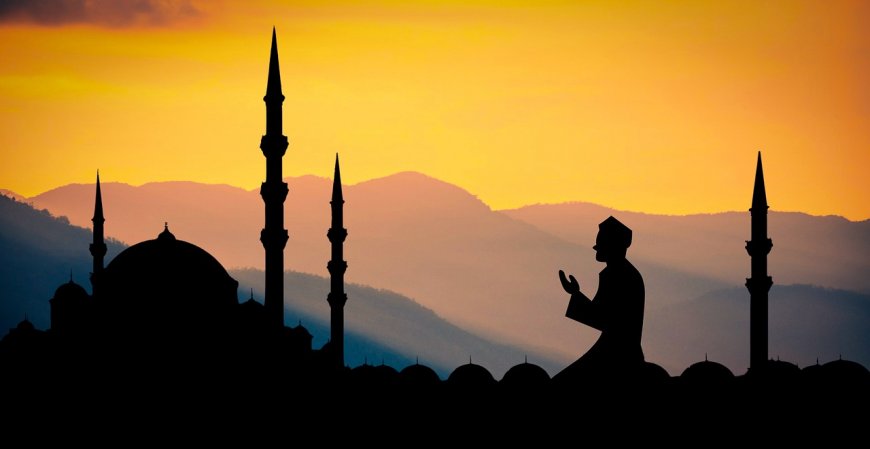
MOSAIC-INDONESIA, JAKARTA — Religious organizations must play an important role in safeguarding the environment. Chairman of the Institute for the Breeding of Life and Natural Resources of the Indonesian Ulama Assembly (MUI) Dr Hayu Susilo Prabowo revealed that their moral and spiritual power could move people to preserve tropical forests that are already the lungs of the world and key totackling climate change.
This was stated by Hayu at Indonesia's Interfaith Rainforest Initiative (IRI) National Conference in Jakarta, Saturday (14/9/2024). The conference, held both offline and online, is themed “The Pentahelix Framework for Tackling Tropical Deforestation and Religion-Based Climate Change”.
Hayu, who is the National Facilitator of IRI Indonesia, stated that the second IRI annual conference involved five key stakeholders (government, academia, business, civil society, and the media) to address tropical deforestation and climate change. “A total of 49 abstracts were received, indicating increased interest in the role of religion in forest protection. The conference encourages the collaboration of science and religion for holistic environmental solutions,” Hayu said.
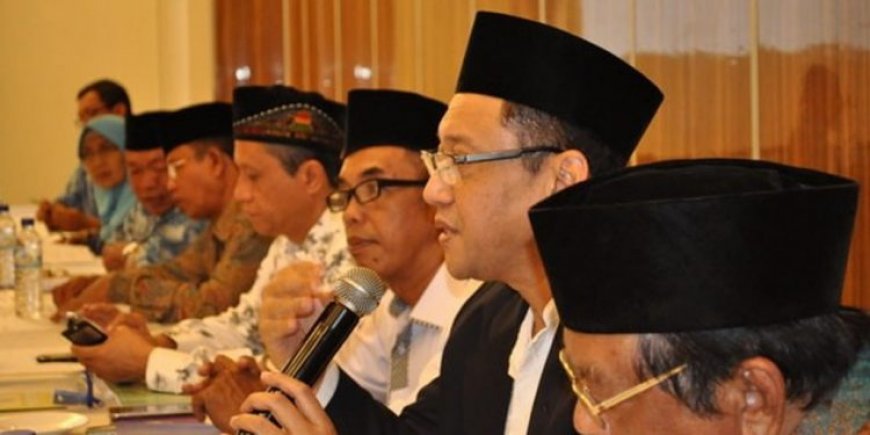
Given the importance of religious organizations, Hayu hopes that through the pentahelix approach, a collaborative framework involving five key elements, it can integrate various perspectives and resources to achieve a holistic and sustainable solution in maintaining tropical forests.
KH. Cholil Nafis, PhD, MUI Chair of Dakwah conveyed in a keynote speech at the opening of the conference that it is the responsibility of scholars in dealing with climate change. According to him, scholars have an important role in educating people about the importance of preserving the environment and preventing climate change.
“Religious teachings can serve as a foundation for encouraging environmentally friendly behavior and lifestyle changes. MUI has issued fatwas related to environmental preservation and launched the EcoMasjid program to encourage real action in the face of climate change,” Cholil said.
This series of activities of the IRI national conference began with the presentation of two expert speakers, namely Dr. Mego Pinandito, Deputy for Development Policy, BRIN and Doddy S. Sukadri, Ph.D., Senior Advisor at the Institute for Sustainable Earth Resources (I-SER), Universitas Indonesia (UI).
Further exposure is an Abstract presentation of selected scholarly works corresponding to the six sub-themes defined by IRI in exploring the pentahelix framework, a collaborative approach involving government, academia, business, civil society, and the media, as a way to address deforestation and religious-based climate change.
Dr. Mego Pinandito, Deputy Director for Development Policy, National Innovation Research Agency (BRIN) stated the importance of pentahelix frameworks (government, academia, business, society, and media) integrated with religious values in addressing tropical deforestation and climate change.
“This multi-sector collaboration aims to address the complex causes of deforestation and engages the role of religion in encouraging environmentally friendly behaviour,” Mego said.
Doddy Sukadri, PhD, Sr. Advisor of the Institute for Sustainable Resources (I-SER), Universitas Indonesia said that deforestation and climate change in Indonesia are a major crisis whose solution requires the contribution of all parties. “Not just the government, but all of us need to act by cultivating awareness, increasing understanding, and implementing the countermeasures,” he said.
Doddy added that Indonesia has committed to achieving net zero emissions by 2060 with various strategies, including the use of renewable energy and stopping deforestation.
The presentation also highlighted the importance of the role of forests in climate change mitigation and the negative impacts of deforestation, especially on peatlands.
Earlier, the Executive Director of Muhammadiyah Climate Center (MCC), Agus S. Djamil, in an IRI Indonesia Webinar entitled “Tackling Deforestation and Climate Change with the Pentahelix Approach,” some time ago, stated that each stakeholder has a crucial, complementary role in achieving forest conservation goals.
The government, as the prime mover, must create policies that support sustainable forest management and ensure firm enforcement of the law. Meanwhile, the private sector is encouraged to adopt sustainable business practices and invest in green technologies.
The active involvement of communities, particularly indigenous communities, is also crucial in ensuring the sustainability of conservation programs. Academics contribute through research and innovation, while the media plays a role in raising public awareness of the negative impacts of deforestation.
With the Pentahelix framework, it is hoped that stronger synergies between stakeholders can be realized, so that Indonesia's tropical forests can be preserved and make a real contribution to tackling global climate change.
About IRI Indonesia
IRI Indonesia is a forum for all religious leaders and religious communities to work shoulder to shoulder with indigenous peoples, governments, civil society and businesses in action to protect tropical forests and protect indigenous peoples as forest guardians.
IRI Indonesia as a cross-religious alliance that seeks to bring moral urgency and faith-based leadership seeks to end tropical deforestation. IRI provides a platform for religious leaders to work shoulder to shoulder with indigenous communities, governments, civil society organizations, and businesses in actions that protect tropical forests.

